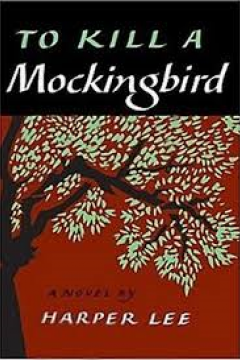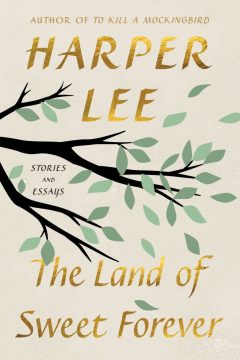 Harper Lee (Estate)
Harper Lee (Estate)Pub date 11th July 1960
Original publisher J.B. Lippincott & Co.
Publisher (UK) Random House
Publisher (US) HarperCollins
International publishers Zangak (Armenia), Jose Olympio (Brazil), Bard (Bulgaria), Yilin Press (China), Sareni Ducan (Croatia), Lindhardt & Ringhof (Denmark), Gummerus (Finland), Grasset (France), Sulakauri (Georgia), Rowohlt (Germany), Harlenic Hellas (Greece), Geopen (Hungary), Bókafélagið (Iceland), Am Oved with Yedioth Books (Israel), Feltrinelli (Italy), Kurashi-no Techo-Sha (Japan), The Open Books (Korea), Jotema (Lithuania), Magor (Macedonia), Nova Knjiga (Montenegro), De Bezige Bij (The Netherlands), Aschehoug (Norway), Rebis (Poland), Relogio d’Agua (Portugal), Polirom (Romania), AST (Russia), Laguna (Serbia), Mladinska Knjiga (Slovenia), HarperCollins Español (Spain), Edicions 62 (Spain – Catalan), Albert Bonniers (Sweden), Book for Society Foundation (Thailand), SEL Yayincilik (Turkey), ABS Ilchihanasy (Turkmenistan), Krajina Mriy (Ukraine)
‘Shoot all the bluejays you want, if you can hit ’em, but remember it’s a sin to kill a mockingbird.’
A lawyer’s advice to his children as he defends the real mockingbird of Harper Lee’s classic novel – a black man charged with the rape of a white girl. Through the young eyes of Scout and Jem Finch, Harper Lee explores with exuberant humour the irrationality of adult attitudes to race and class in the Deep South of the thirties. The conscience of a town steeped in prejudice, violence and hypocrisy is pricked by the stamina of one man’s struggle for justice. But the weight of history will only tolerate so much.
To Kill a Mockingbird is a coming-of-age story, an anti-racist novel, a historical drama of the Great Depression and a sublime example of the Southern writing tradition.
 Harper Lee (Estate)
Harper Lee (Estate)


